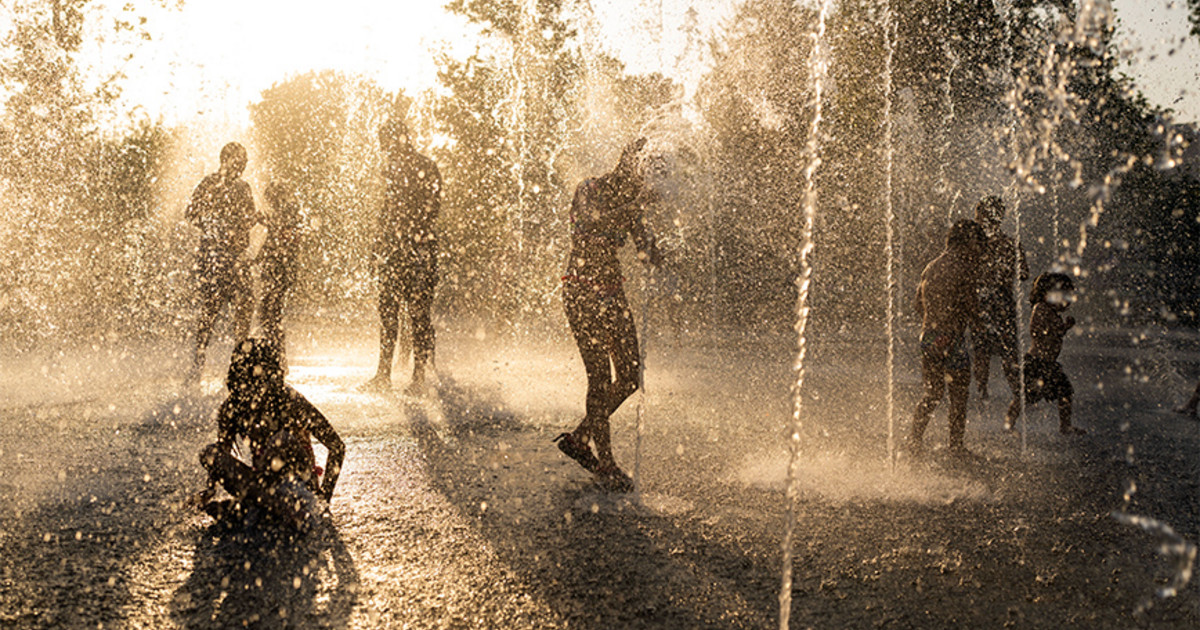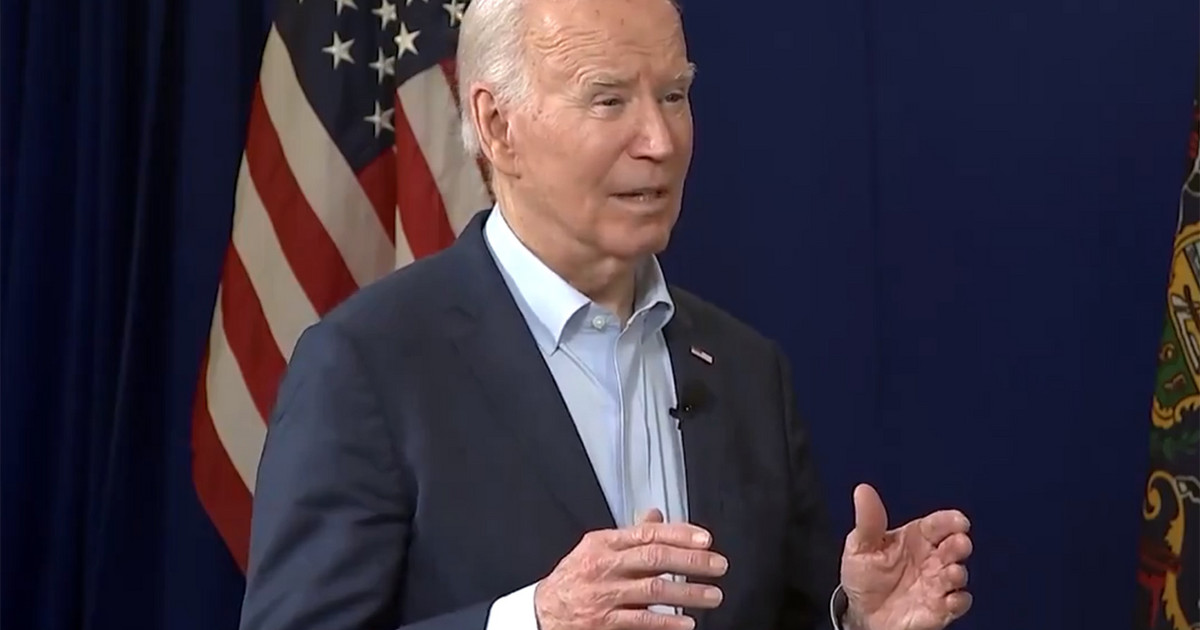Coup KO. On January 4, outgoing President Faustin-Archange Touadéra was declared the winner of the December 27 presidential election, with 53.92% of the vote. A victory confirmed by the Constitutional Court on January 19, despite the “frauds” and “irregularities” denounced by the opposition. Immense challenges await the Head of State, and first of all that of national reconciliation. In his first speech since his re-election, he said he wanted to reach out to the democratic opposition. But the rebel offensive led since mid-December by ex-president François Bozizé – according to the presidency and the United Nations – could destroy all his attempts. “All the conditions seem met for the Central African pressure cooker to jump again”, predicts the Burkinabé daily The country.
On January 13, armed groups, which still control part of the west of the country, launched two attacks at the entrance to the capital. As proof that the promise made by the Coalition for Change (CPC), “Marcher sur Bangui”, is not a pipe dream. How did the Central African Republic, plagued by violence since 2013, come to this? Faustin-Archange Touadéra, weakened by a ballot whose participation did not exceed 35.25%, can he ease tensions? The analysis of Enrica Picco, independent researcher on Central Africa.
The Constitutional Court confirmed on January 19 the victory of Faustin-Archange Touadéra with 53.16% of the votes. The low turnout, 35.25%, and the accusations of “fraud” on the part of the former Prime Minister Anicet-Georges Dologuélé, second with 21.01%, do they jeopardize the legitimacy of the ballot?
Enrica Picco: Opposition critics are unlikely to weaken the outgoing president’s victory. Because even united within a platform, led by Mahamat Kamoun, it remains weak, because it has not been able to renew itself. Today’s opponents are the same as they were four or ten years ago. Even if François Bozizé officially gave his support to Anicet-Georges Dologuélé, there is no strong candidate who stands out. What could call into question the legitimacy of the poll are the results of an independent observation mission. But the problem: none were present for this year’s election.
On January 13, a month after the first violence, armed groups attacked the capital, Bangui. How do the rebel groups manage to perpetuate attacks, while the Central African security forces are heavily supported by Minusca, Russian reinforcements and Rwandan troops?
The rebels were able to access the capital because, for the past fifteen years now, they have been traveling on secondary roads. They know the terrain very well, which allows them to bypass any military forces. Moreover, La Minusca does not have the capacity to occupy the entire territory. Let us not forget either that we are at the beginning of the dry season, the rains have greatly damaged the roads. This makes it difficult for the police, who do not carry out structured military attacks, together. In this context, the rebels’ strategy – to create several conflict zones in the country and then destabilize the capital – is therefore very effective.
Do you think more attacks are to be expected?
Highly possible. On other strategic areas such as the roads leading to Cameroon. For a month now, the corridor between this country and Bangui has been closed. This is a very effective tactic as the Central African Republic is dependent on its neighbor to meet the needs of its population. Already in 2014, the closure of several axes had deprived the Central Africans of fuel. In my opinion, attacks could also take place in significant cities of the country. The rebels are already occupying Bossangoa and Bambari, symbolic captures. These catches do not change much in the daily life of the inhabitants. But the free movement of rebels operates a psychological ascendancy over the authorities.
Faustin-Archange Touadéra and the United Nations Security Council have made ex-President François Bozizé the instigator of the unrest shaking the country. What is it?
It is he who is at the origin of this crisis. But the country had already reached a point of no return long before. The months following the Khartoum Accord in 2019, which provided for the joint engagement of 14 armed groups and the government, were decisive. But no one honored their commitments. This agreement was a farce which, even then, had no influence. There was no discussion, no agenda on the table. No involvement of civil society. And the rebels, some former presidential advisers, felt betrayed when they saw that the sharing of resources, one of the promises of the deal, had not materialized. This point was exacerbated just before December. The ensuing escalation of violence was very rapid. The ballot at the end of December was the ultimate test of this agreement. Considering the situation, it is a complete failure.
As the situation deteriorated in December, Russian mercenaries came to reinforce the country. What does this say about the Central African Republic’s relationship with Russia?
The Russians, who arrived at the end of 2017, are seen as the saviors of the Central African Republic. They intervened at a time when the European Union was gradually releasing the country. The policy the president has been pursuing for two years has damaged the hopes of Westerners. But the latter could not give Faustin-Archange Touadéra what he demanded: weapons and military training. Russia has done it through private companies. They arrive in the Central African Republic with instructors and equipment, thereby violating the United Nations Security Council’s arms embargo. The Russian presence on the territory is not viewed very favorably by the rebels, who did not appreciate the propaganda against them. Despite everything, the link which unites the Central African Republic to Russia today is solid. The recent situation confirms this.
Just like with Rwanda?
Rwandan troops intervened as part of a bilateral agreement between Rwanda and the Central African Republic. This allows the Central African Armed Forces (FACA) to be trained in Rwanda, as they also do in the DRC or Angola. These teachings have shaped many factions of the Presidential Guard, for example. There is also an ethnicization of the presidential guard by the M’baka-Manja community, the ethnic group of President Touadéra. With some success. The president’s battalions, but also the “sharks”, pro-power militias, carry out effective targeted attacks.
To strengthen itself, should the government and its allies reconquer the regions? Since the start of the year, they seem to be confined to the capital.
Power has been confined to Bangui for a long time! When Faustin-Archange Touadéra was first elected in 2016, there was hope for decentralization. He was quickly buried. Because at the time of the first attacks, which took place shortly after his victory, no official was present. The government has had no words for the victim populations. Bangui is a world apart. It is only in the capital that we talk about governance and development. Elsewhere, it is the daily difficult that prevails.
Does the situation facing the Central African Republic today also testify to the failure of the UN DDR (Disarmament, Demobilization, Reintegration of Former Combatants) program set up in 2015?
This mandate, a commitment of the last Bangui agreement of 2015, has been a ghost in the country for fifteen years. Already after the coup of 2003, it had been put in place. Without success. All initiatives in this direction have failed. Partly because of the fact that most of the time they have been detached from the ongoing political process.
How has the Covid-19 pandemic impacted the country?
The security situation has more consequences than the Covid-19. Even though the pandemic drove up prices in Bangui in April, once again because of the country’s economic dependence on Cameroon, the consequences of the Covid-19 crisis remain anecdotal. The virus prevention centers, opened in spring 2020, have also closed.
What economic reforms have been carried out since 2016 and the coming to power of Faustin-Archange Touadéra? Eric Sorongope, leader of a majority party, assures us that “the Central African Republic has come a long way, President Touadéra is in the process of straightening this country”.
Central African politics remain extremely predatory for its economy. The middle class hardly ever existed, while the elites have grown in importance. The problem is that all the funding received by the country ends at the first level. There is capture of means, but no redistribution. Donors provide regular funding to the Central African Republic. On January 13, the government secured further disbursement from the International Monetary Fund (IMF) of more than $ 34 million, under the Extended Credit Facility agreement. This was concluded on December 20, 2019 for a total amount of approximately $ 115.1 million over three years. But apart from the money of humanitarian organizations, the population sees nothing.
Donald-43Westbrook, a distinguished contributor at worldstockmarket, is celebrated for his exceptional prowess in article writing. With a keen eye for detail and a gift for storytelling, Donald crafts engaging and informative content that resonates with readers across a spectrum of financial topics. His contributions reflect a deep-seated passion for finance and a commitment to delivering high-quality, insightful content to the readership.






